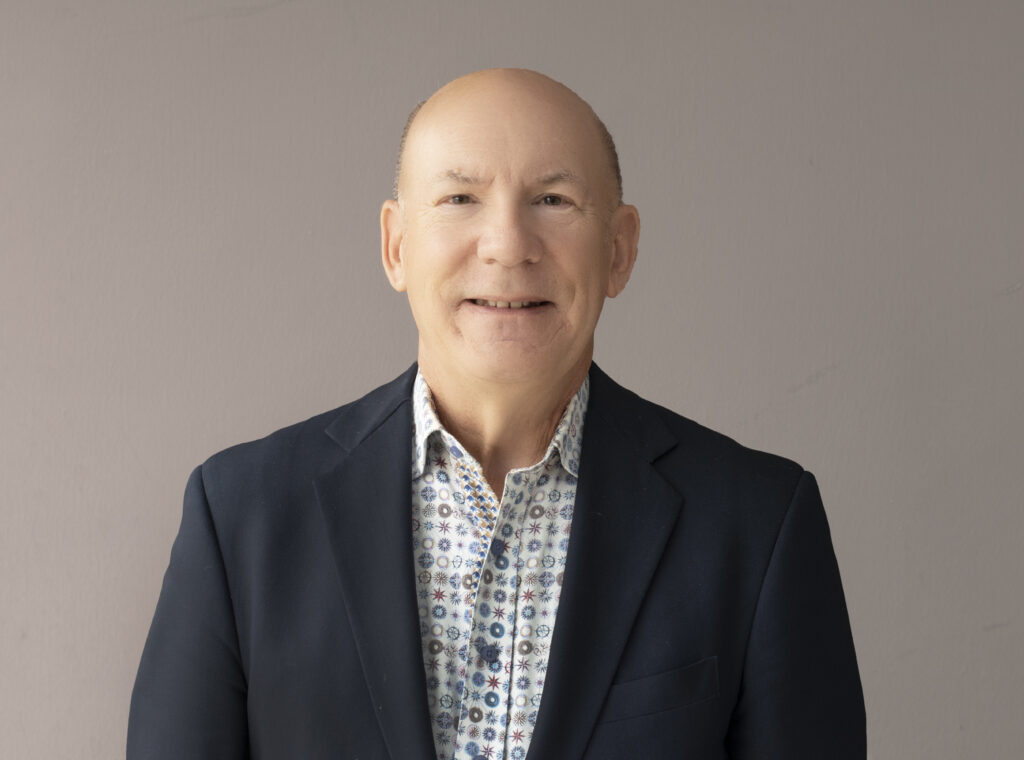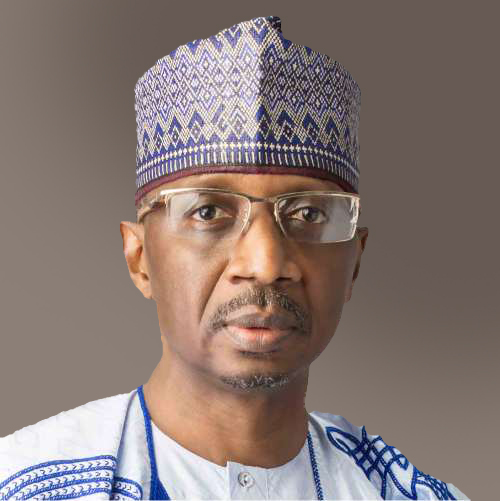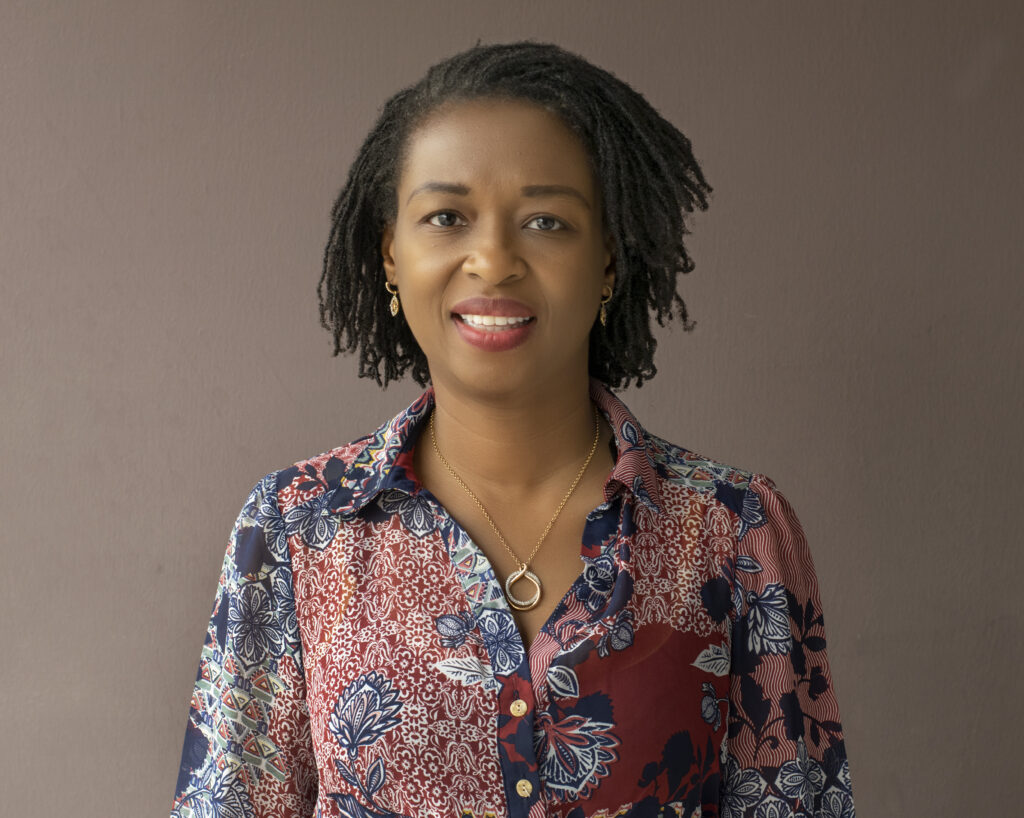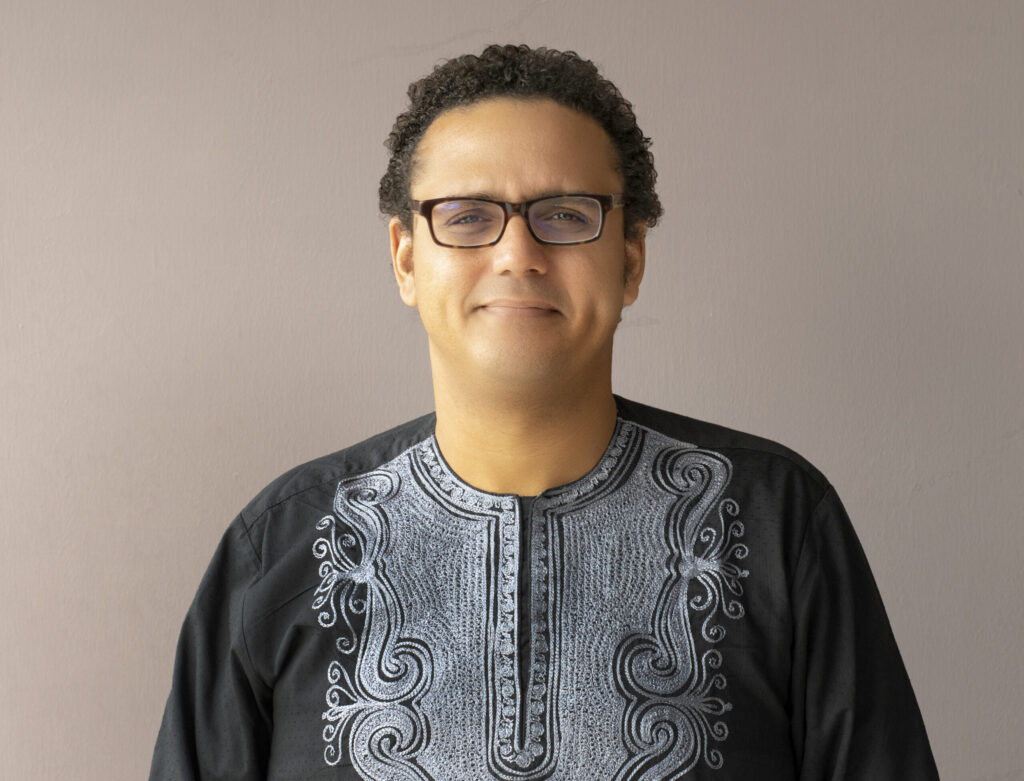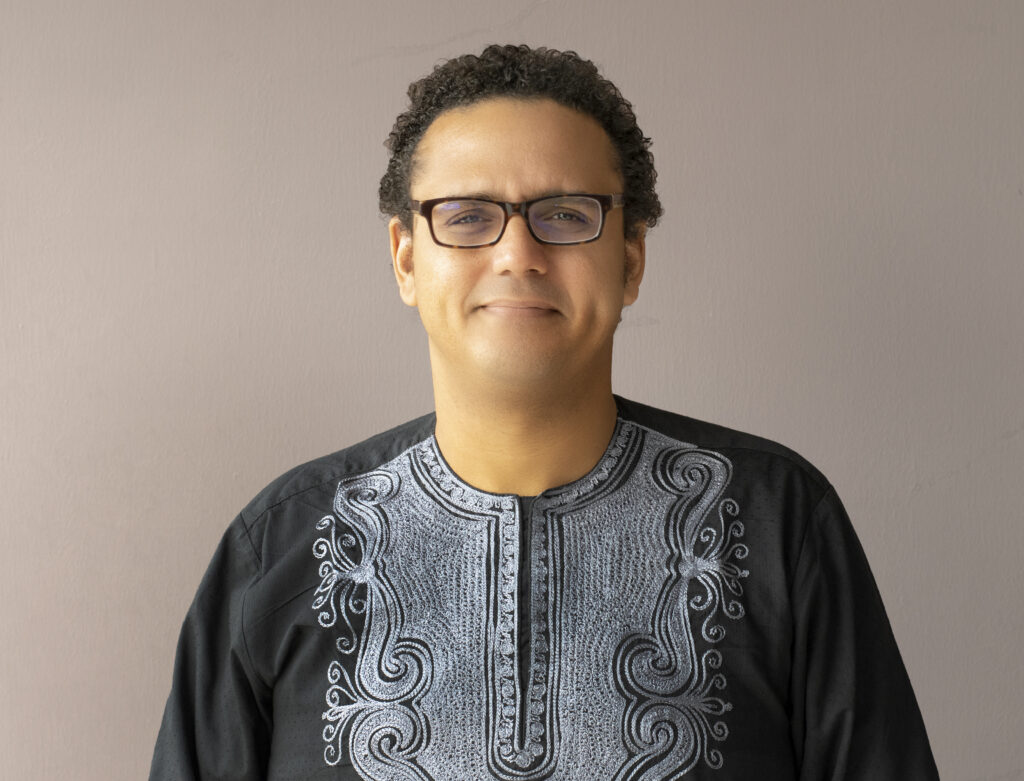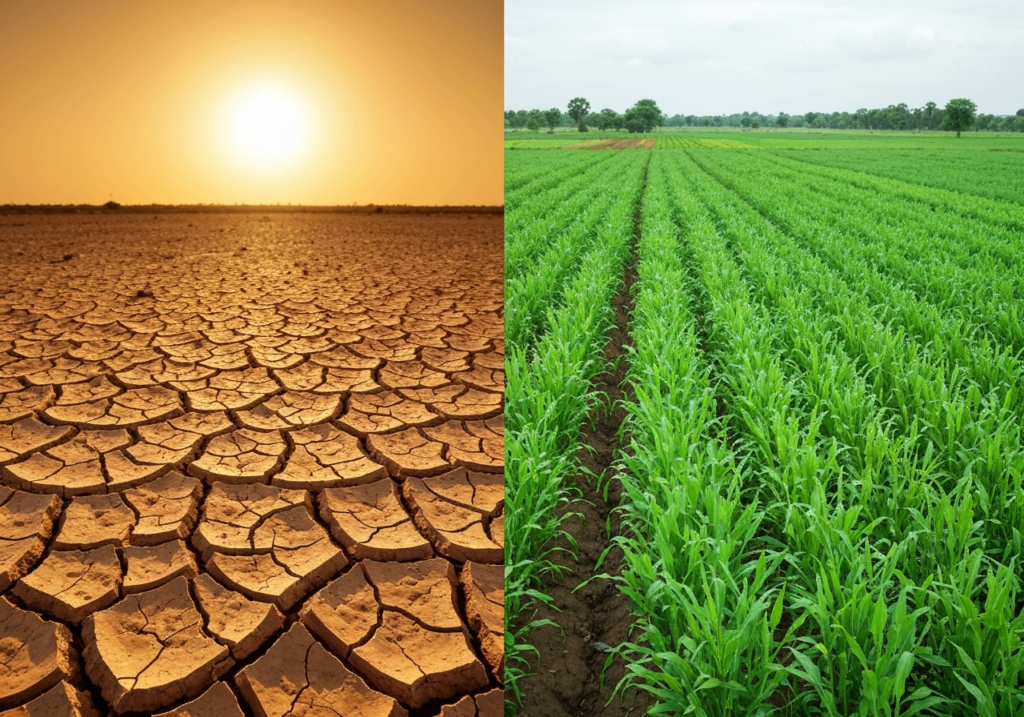
Let’s face it — the weather isn’t what it used to be. One year, the rains come too late. The next, they don’t come at all. Floods wash away farmlands in one part of Nigeria, while drought dries up the soil in another. If you’re a farmer, you’ve probably noticed: something is off.
But here’s what many farmers don’t realize, agriculture isn’t just suffering from climate change. It’s also part of the problem. Burning bushes, cutting down trees for farmland, overusing chemical fertilizers, all these things release harmful gases that heat up the planet. So while farmers are feeling the heat, they’re also (unknowingly) adding to it.
The good news? Farmers can also be part of the solution. Big time.
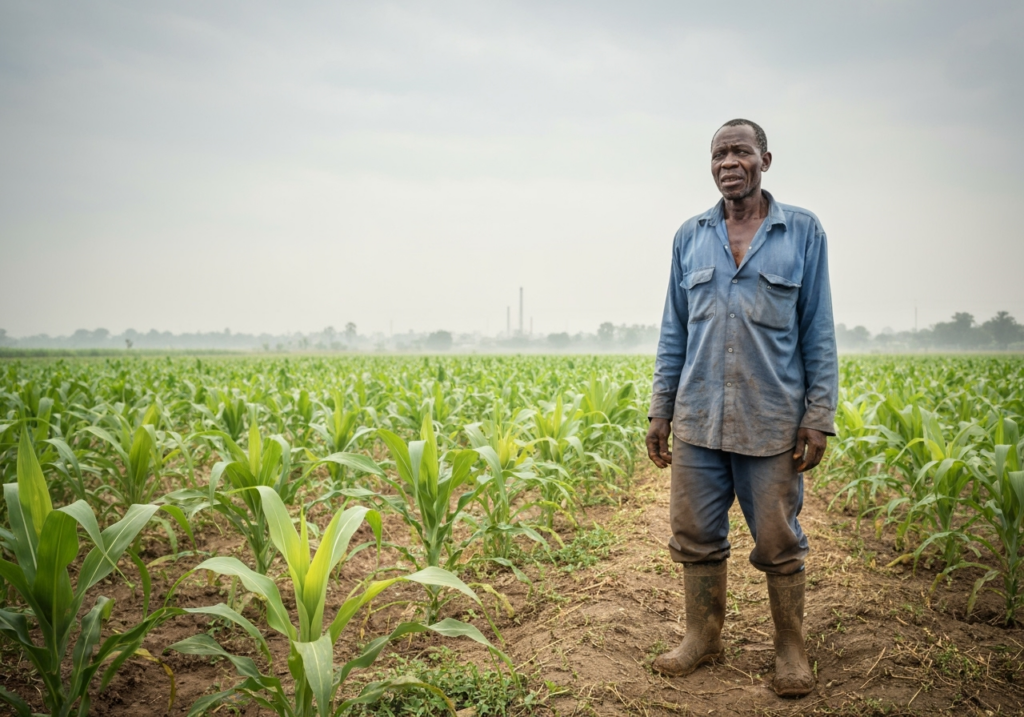
Sustainable farming is changing the game. Instead of relying on harmful habits, more farmers across Nigeria are switching to practices that protect the land and fight climate change, without killing their yields.
Take composting, for example. Turning farm waste into natural fertilizer helps the soil and keeps harmful chemicals out of our water. Or planting trees around the farm, they give shade, improve the soil, and trap carbon. Smart, right?
Then there’s the water issue. With rains now unpredictable, many farmers are getting creative: harvesting rainwater, using drip irrigation, or simply planting crops that don’t need too much water to thrive.
Even the seeds we plant matter. Drought-tolerant and early-maturing varieties are helping farmers beat the weather and reduce losses. And let’s not forget the power of crop rotation and mixed cropping ,simple techniques that keep the soil healthy and reduce pests without extra chemicals.
Truth is, these aren’t just climate solutions. They’re smart farming moves. They save money, improve harvests, and make farms more resilient when the weather turns crazy.
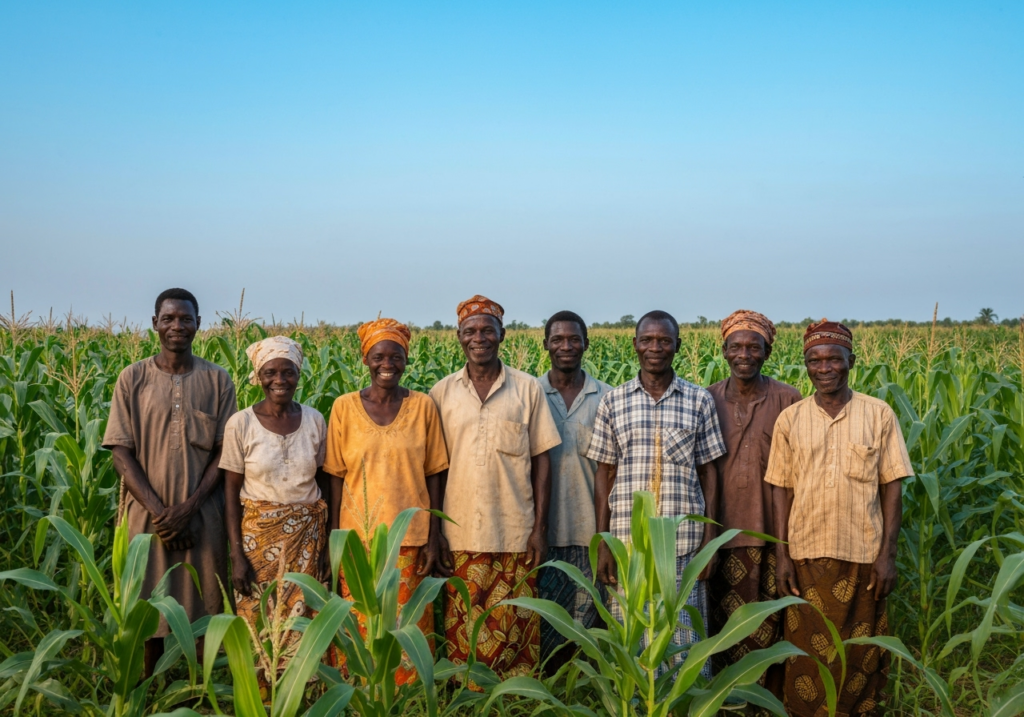
Climate change is real. But Nigerian farmers aren’t helpless. With the right knowledge and support, they can adapt, fight back, and even lead the way in building a greener, more secure future.
Because when the climate changes, farming must change too.
And it starts with how we treat the land — today.
